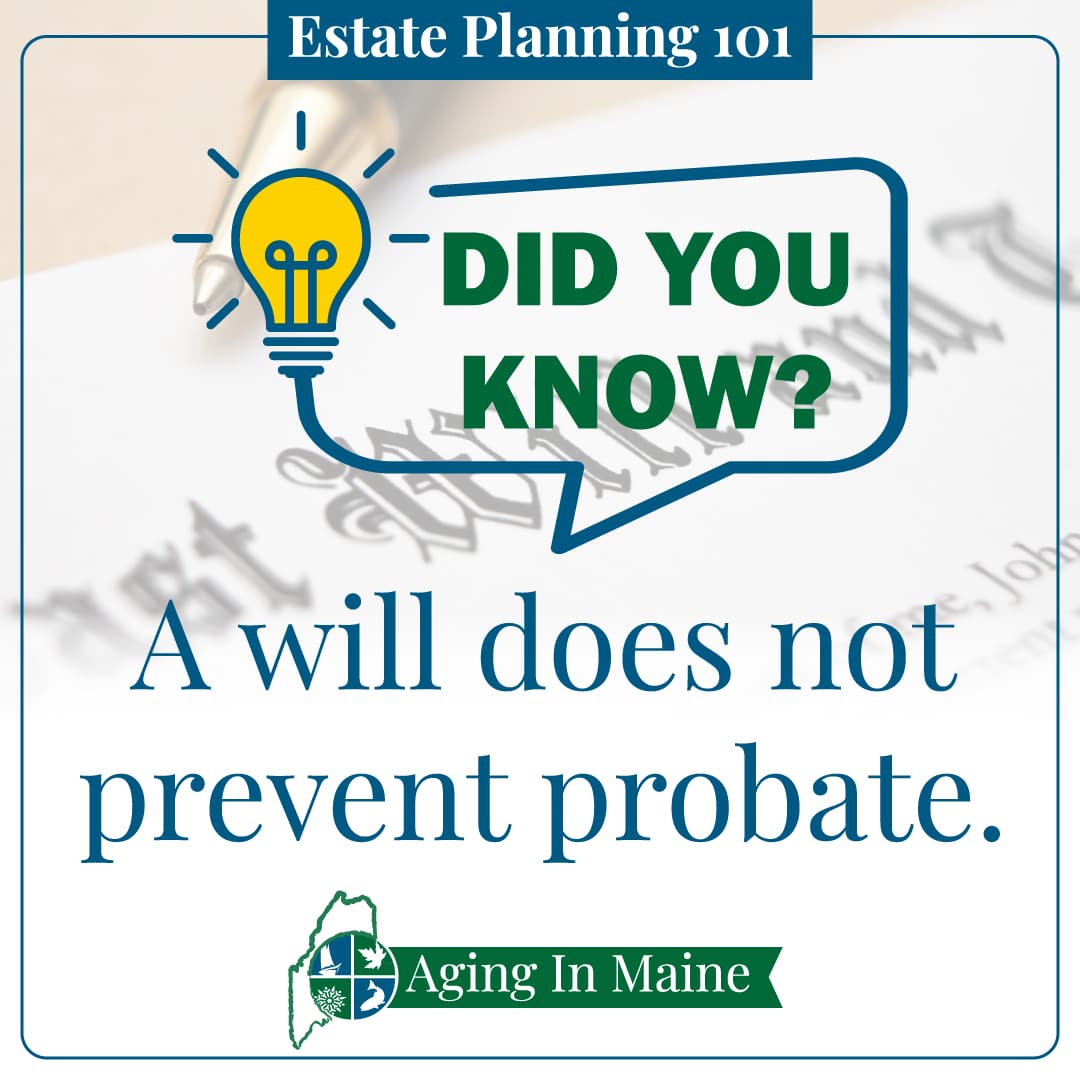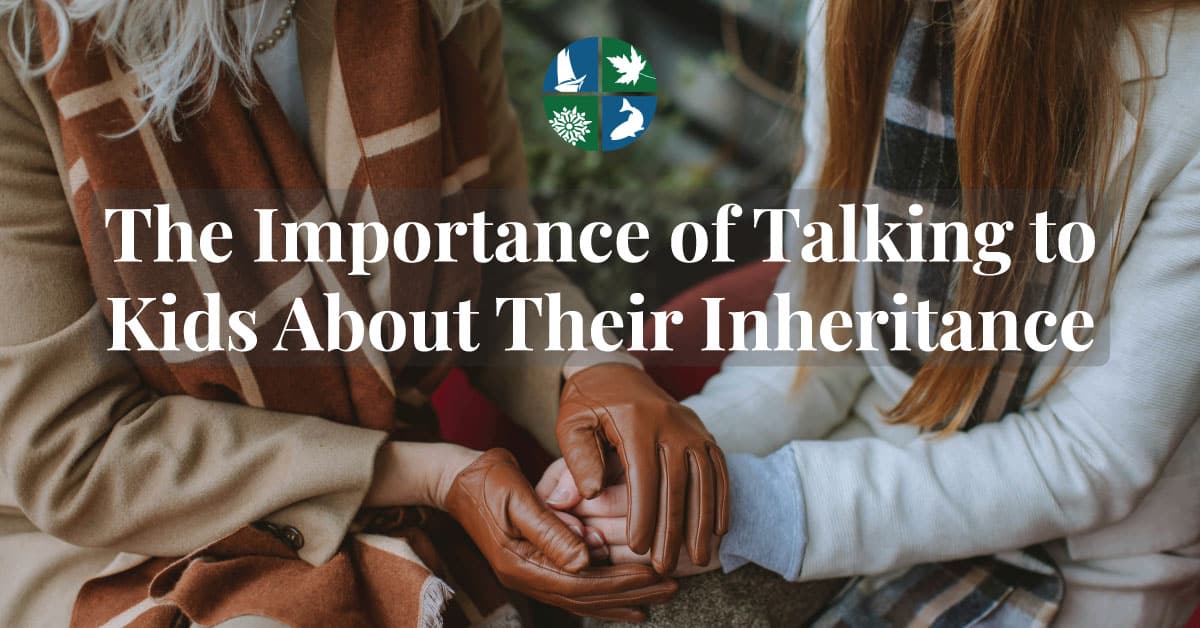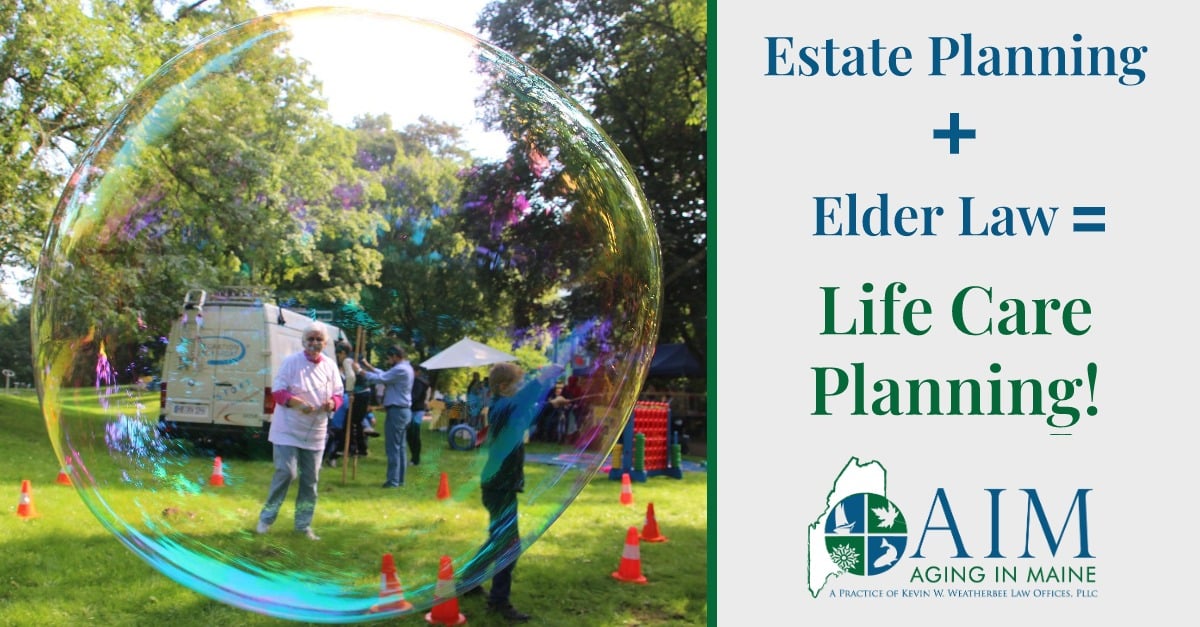A will does not prevent probate
Estate Planning 101 – a quick fact about your last will and testament A will does not prevent probate. To enable beneficiaries to inherit property, a will must go through the probate process. This process can take several months or even longer, and it incurs costs such as attorney fees, executor fees, and court fees. […]





